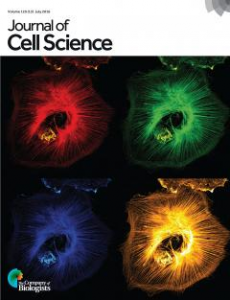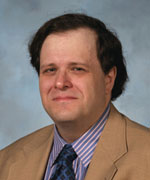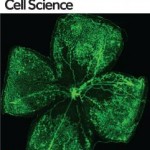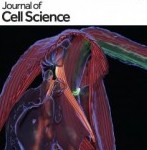
Would distributing all reviewers’ reports for a specific paper amongst every referee before deciding whether to accept or reject a manuscript make peer review fairer and quicker? This idea — called “cross-referee commenting” — is being implemented by the journal Development, as part of its attempt to improve the peer-review process. Katherine Brown, executive editor of Development from Cambridge, UK, who co-authored a recent editorial about the phenomenon, spoke to us about the move.
Retraction Watch: Many journals share the reviews of a particular paper with those who’ve reviewed it. What is cross-referee commenting in peer review and how is it different from current reviewing processes? Continue reading Would peer review work better if reviewers talked to each other?







